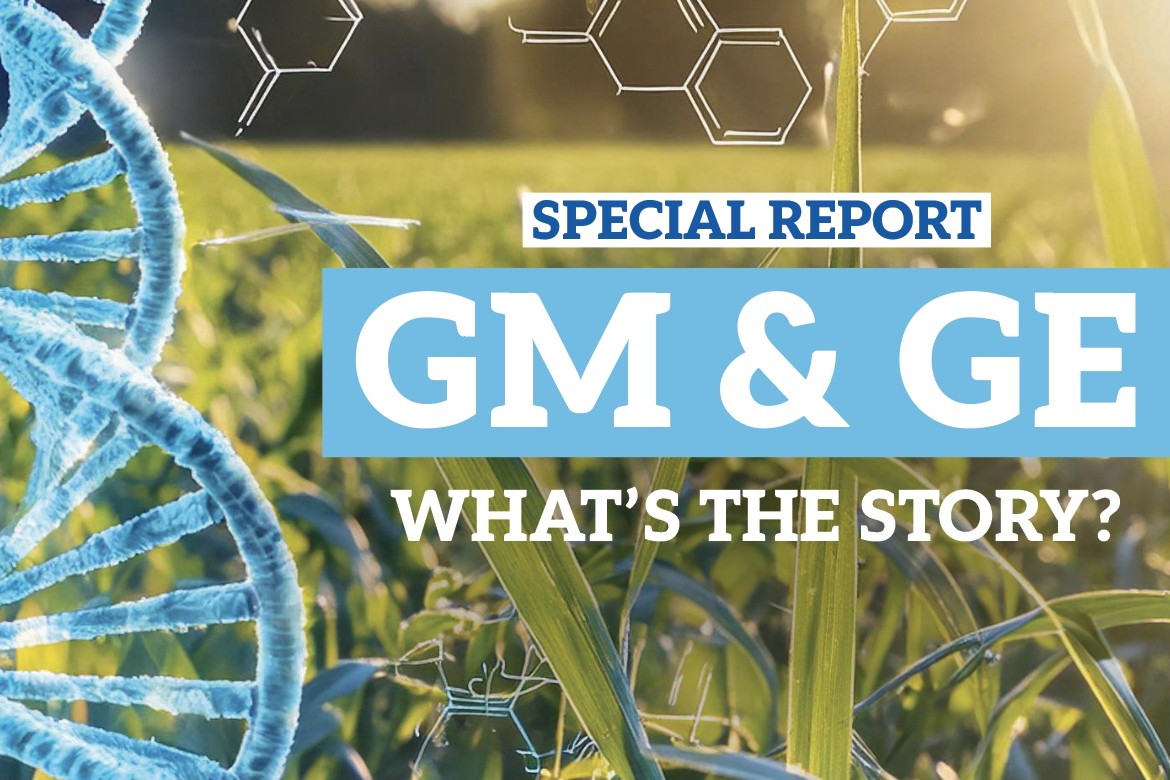A trial of fodder beet wintering at the Southern Dairy Hub has resulted in lots of questions to be answered. Story and photos by Karen Trebilcock.
More speakers, industry reps and journalists turned up to the Southern Dairy Hub’s October field day than farmers, causing organisers to plead to those there to “take the messages from the day home to your clients” who were obviously flat out on farm.
The day included a walk to a paddock where fodder beet was lifted in autumn.
In mid-October, the area was still to be cultivated and returned to permanent pasture. Where grass wintering had been trialed, the ground was heavily pugged and sealed with water ponding on the surface and remnants of balage still on the ground.
AgResearch senior scientist Ross Monaghan spoke later in the day on research done between 2018 and 2020 at the hub showing autumn-harvested fodder beet, fed elsewhere, leached a similar amount of nitrogen into groundwater as kale fed to cows in the paddock during winter.
His key message was if lifting fodder beet in the autumn was to aim then to replant the paddock as soon as possible to reduce N loss during winter.
“We think it’s because of the residual N left behind that hasn’t been used by the crop. We could be overcooking the amount of N going on.
“The leakiness of autumn-lifted fodder
beet crops was a bit of a surprise for us, but it shows what happens when you leave soil bare for the winter months.”
The research was one of more than 20 projects the hub has been involved in since it started five years ago and summarised at the field day.
However, much of the data from the past years was still being analysed, DairyNZ senior scientist Dawn Dalley said.
With the major kale vs fodder beet trial ended, the hub is only planting beet for wintering.
“The fodder beet systems cost us more to run compared with the kale and some years we got great results from the fodder beet mobs and other years we got terrible results and we don’t understand why, yet, which is why we’re continuing with fodder beet,” Louise said.
“Generally, the fodder beet systems have also been more complex to manage and the cows wintered on fodder beet have produced less milk in early lactation which continues throughout the whole season.”
When the DairyNZ trial was designed, it was expected fodder beet and kale would see an “even profit outcome” but would show which was better environmentally.
“By the end of year one, it was very clear that this wasn’t the case for profit, a trend that continued throughout the four years of the trial.
“We know how to winter on kale. Fodder beet is still leaving us with lots of questions.
“There has to be a way of feeding fodder beet to make it profitable.”
Crop establishment research at the hub and on other farms in Southland last year showed minimum till or direct drilling decreased environmental effects and decreased pugging in winter.
Lower yields and higher weed and insect burdens were measured on the minimum till treatments and the areas still pugged if good wintering practices were not followed.
“The establishment method is not going to be a silver bullet for poor crop husbandry or lack of attention to detail over the winter grazing period,” she said.
“Daily management of stock had the biggest impact on paddock conditions and cow behaviour.”
Farmers should have contingency plans for when soils become saturated such as increasing the area available either by increasing the break size or moving back the backing fence, rolling out straw or moving cows to drier areas such as grass buffer strips or off-paddock infrastructure.
With the first crop of balage coming off the farm already, the farm was enjoying what is proving to be a spectacular Southland spring with light rainfall and few cold snaps.
“We’re offering the cows 19kg of drymatter, 18kg in the paddock and another kilogram in the shed, and milk production is 20% above season-to-date.”
Other changes to the management systems at the hub this season include going no bull and building an off-paddock infrastructure for a further wintering trial.
A paddock near the dairy, where fodder beet was lifted in autumn, remains unworked at the Southern Dairy Hub near Invercargill in mid-October.





